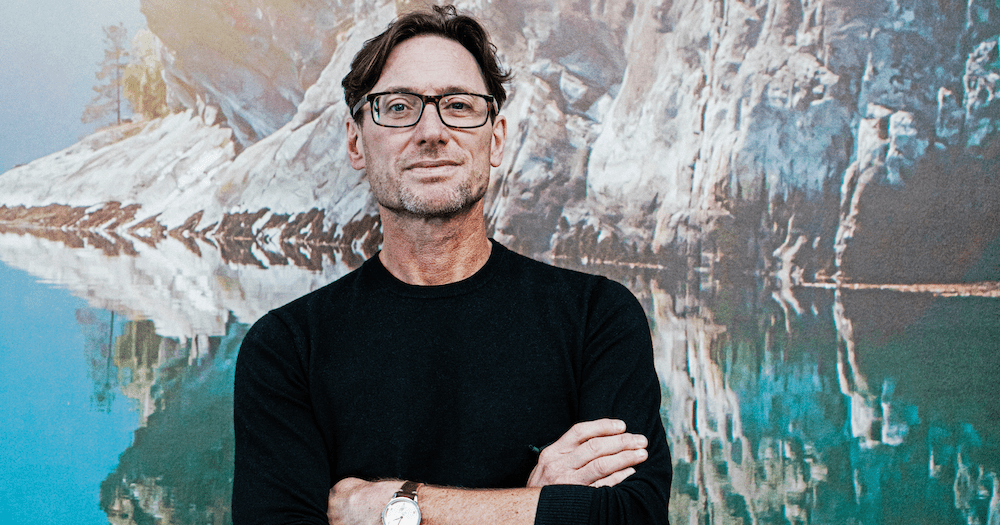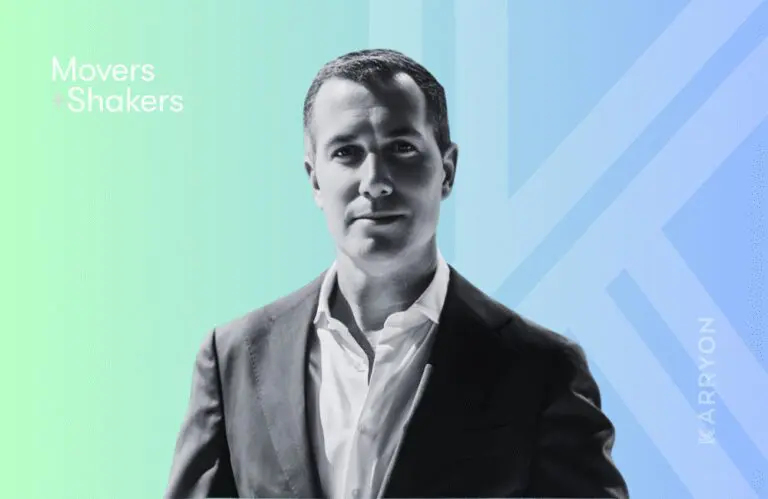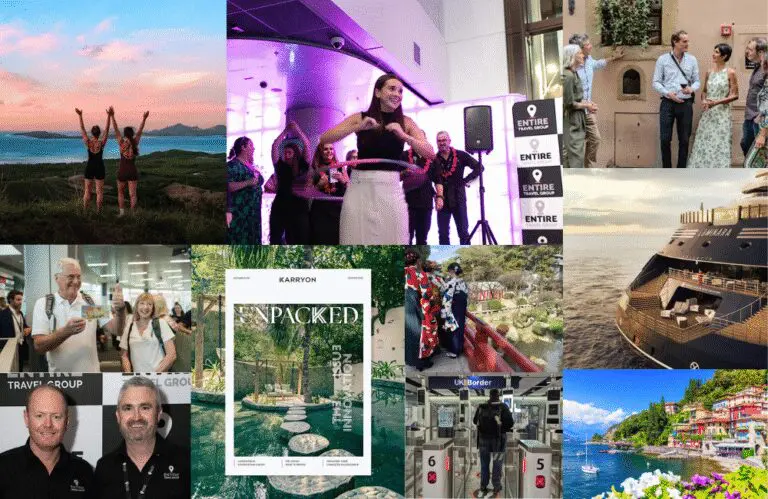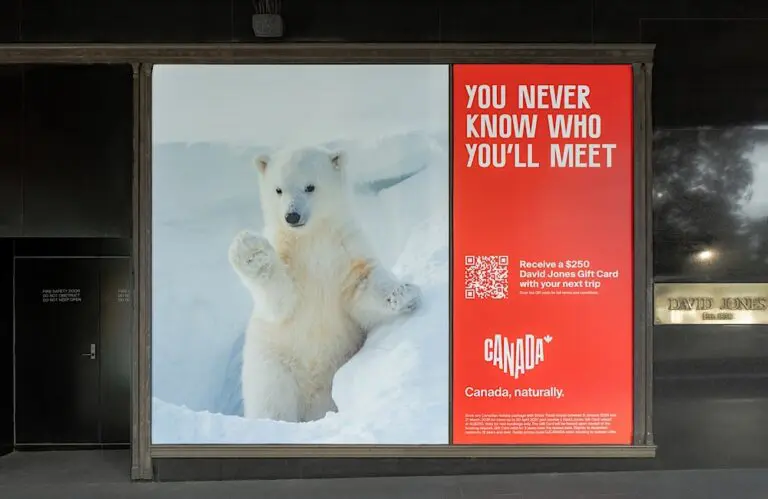On the eve of World Earth Day, Karryon chats exclusively to Explore Worldwide managing director Michael Edwards about the sustainability Explore’s clients want to see and what the company is doing to help (and we mean really help) – including launching the largest carbon measurement project of its kind in the travel industry.
Are you seeing more travellers wanting sustainable travel options? What is Explore doing to respond to this?
Absolutely! We know that people are increasingly concerned about the impact of their travels.
Explore has always had sustainability at its core, organising small groups of around 12 travellers to visit destinations all over the world in a way that leaves a light footprint. We have always chosen small, locally-owned and run accommodation – meeting and engaging with local communities has always been key to our trips.
As founding signatories of the Glasgow Declaration, we are fully committed to our sustainability strategy. We have one of the best Climate Action Plans in the business, as well as animal protection policies and very strong partnerships in place. But we are always learning and always evolving what we do.
We’ve recently moved away from traditional avoidance-based carbon offsetting and towards carbon removal and have just announced a new partnership with Klimate. We do not shy away from talking about our learnings – in fact openness is crucial in this area, talking about where we’ve not quite hit the mark as well as when we’ve achieved something great.
Explore is a business that is responsible at heart, and sustainability is absolutely critical. We have a sustainability specialist in the business, and have a dedicated Responsible Business team, bringing together individuals from different teams around the business to roll out initiatives and take charge of educating their colleagues and keeping them up to date with any developments and achievements.
But we ensure that everyone in the business is engaged in our sustainability strategy, and that any new starters are just as passionate about this.
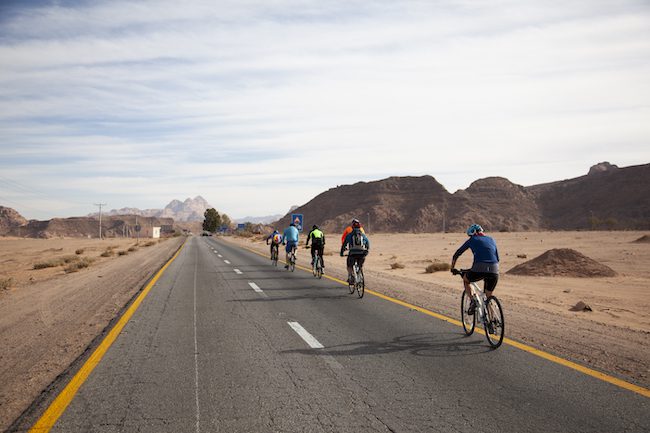
Your carbon rating measurement on 500+ tours is reportedly the largest carbon measurement project of its kind in the travel industry – can you share more about this and what the response has been from customers and internally?
In December 2021, Explore began a three-month project to measure the carbon footprint of every single one of our 350+ tours – the biggest project of its kind in the travel industry to date.
Our sustainability and product teams, with a carbon measurement consultant at eCollective, individually calculated a huge 10,000 lines of data – including almost 2,000 accommodation providers, 24 modes of transport and hundreds of activities, from city tours to zip wiring.
We’ve also included all emissions involved in running the business, both in the UK and overseas – from running the office in Hampshire and staff commutes to brochure production and mailing.
Over 400 people hours went into this from the Explore team. The company is now asking the rest of the industry to follow suit and be #ClearOnCarbon, so that agents and customers are better informed about their holiday purchases, and the industry can start working to reduce these emissions. Explore’s own target is to reduce our emissions by 50% by 2030.
This is not something we’ve done to boost sales, or to gain recognition – we feel very strongly that this is something we should be doing. We know that travel is a contributor to the current climate crisis, and it is our collective responsibility as an industry to do what we can to minimise and mitigate our impact.
Travel has lots of positives, too – economic, social and environmental – and our trips have always been designed with the local destinations and communities in mind (small groups; staying, exploring and eating locally etc). But where we can make changes and improve further, we will.
Of course as a by-product we have received some recognition from the press and from sustainability bodies that this is the way forward and something.

What is Explore’s average trip carbon footprint, as well as the highest and lowest?
Our average trip carbon footprint is 632kg. The lowest-footprint trip is Cycle Devon Coast to Coast with just 25kg per person. The group trip with the highest carbon footprint is our Sri Lanka + Maldives Dhoni Cruise tour at 1,450kg per person.
Given some of your trips transparently have higher scores, how are you addressing this to evolve and lower them?
The whole product team is busy working with the entire supply chain to reduce carbon emissions wherever possible: from working with hotels to making changes to their food suppliers, changing vehicles used for transfers right up to swapping out domestic flights for trains or ferries (like we’ve done in Laos and the Azores respectively) and opting for lower carbon activities like exploring by bike or using the metro to explore cities.
This is not about taking the fun stuff out – often these options are more authentic ways to explore and a great way to connect you to the local community.
Our product managers all have carbon reduction as a KPI. We’re also reducing our footprint at HQ – this year we’ve introduced a low carbon travel policy for staff, put EV chargers in at the office and decided to close the office Fridays-Sundays (while phones are still open) to cut down on electricity and staff commutes.
Can you talk us through the process of how you measured the 500+ tours? How long did it take, how many people were involved, and how has it changed your business and brand?
We worked with a consultant at eCollective to measure every single element of our trips – including transport, accommodation, excursions and even food – line by line, in a project that took a total of 413 people hours over three months.
Beyond the product team, staff were involved across the business, from the sales team in training and understanding how to explain it to customers to the marketing team, who included the project in all customer communications.
Our in-house sustainability manager, Hannah Methven, managed the project with help from her Responsible Business Forum team, which brings sustainability champions together from around the business.
In terms of changing the business and the brand – we’ve always firmly had sustainable travel in our DNA, but the carbon measurement project has really brought carbon in particular into focus, and has enabled us to set milestone goals along our journey to halving our carbon footprint.
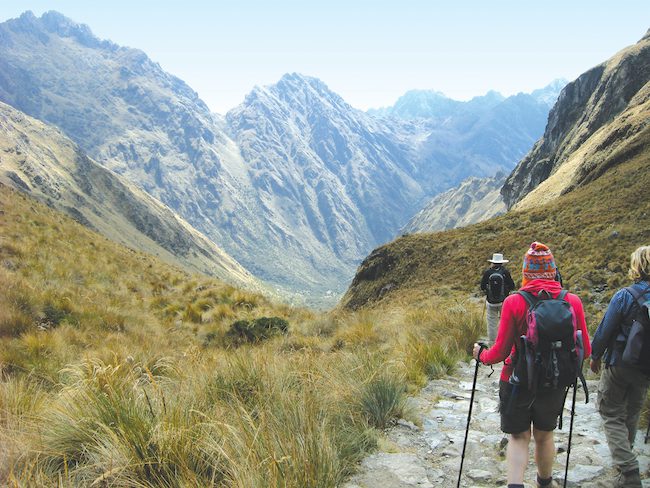
Can you tell us more about some of Explore’s Sustainability partnerships including ReWilding Britain, Toilet Twinning and Klimate
As the next step in its sustainability strategy, Explore has announced a new climate partnership with Klimate. Klimate is an expert in carbon removal, focused on taking carbon out of the atmosphere rather than traditional offsetting based on avoidance.
The Copenhagen-based company was founded on the realisation that a huge amount of money is being wasted, globally, on poor offsetting schemes. Instead, Klimate focuses on carbon removal – sourcing, analysing and funding high quality, innovative removal solutions from all over the world that are wholly verifiable – from tree planting schemes to more complex direct air capture projects.
We also partner with Rewilding Britain as another part of mitigation strategy. Rewilding Britain is an independent charity that champions the benefits of rewilding for people, places and in our fight against the nature and climate emergencies. They work with communities and individuals to help them rewild land and sea, providing resources and support, and campaign to garner government support in protecting and restoring our natural world. We make a contribution to both Klimate and Rewilding Britain for every passenger booked.
Toilet Twinning is another charity that we have supported for several years. They work to help people access clean, working sanitation. 1.7 billion people in the world don’t have access to a toilet. We’ve twinned the toilets of our staff working in Australia and in the US, as well as all our toilets in our UK HQ.
Do you think there’s a need for greater transparency surrounding the carbon footprint in the travel industry? How can we solve this together?
Absolutely. A recent survey we ran showed that 76% of people would like greater transparency when it comes to their environmental impact. It’s super important for travellers to be aware of the impact their travel has (as with the rest of their lives and behaviours) as it enables them to make informed choices.
For us as a business and an industry more widely, it’s also super important to understand the footprint of our tours. Now that we’re clear on the carbon emissions of our business, we can much more effectively begin to reduce those footprints.
We really need this to be an industry-wide initiative. Working together we’re stronger and more able to bring about change. We know the methodology is there, so really there’s no excuse now not to be completely transparent with our customers.
We openly invite the industry to look into our methodology at exploreworldwide.com.au/carbon and to get in touch with any questions or requests for advice. We’ve since introduced all our Hotelplan sister brands to eCollective to engage in similar measurement projects and have also advised a couple of other major tour operators in this area.
Moving forward, can you share more about Explore’s commitment to reducing carbon across its programme and operations, with the target of a 50% reduction by 2030?
All of the product team at Explore, responsible for designing and operating all our worldwide itineraries, have a carbon reduction target of 7% this financial year as we work towards a 50% reduction by 2030.
These reductions will all be going into our supplier contracts – all our current agents are fully aware of our targets, and that we expect them all to get on-board with this.
Throughout the business, whether in an office-based role, in marketing, sales or IT, or in a role as a leader or agent partner, we insist all newcomers have a passion for the planet and are fully engaged with, and committed to, sustainability.
Earlier this year, Explore established a direct presence in Australia for the first time.
In its January 2023 sale, the company experienced record sales days.


